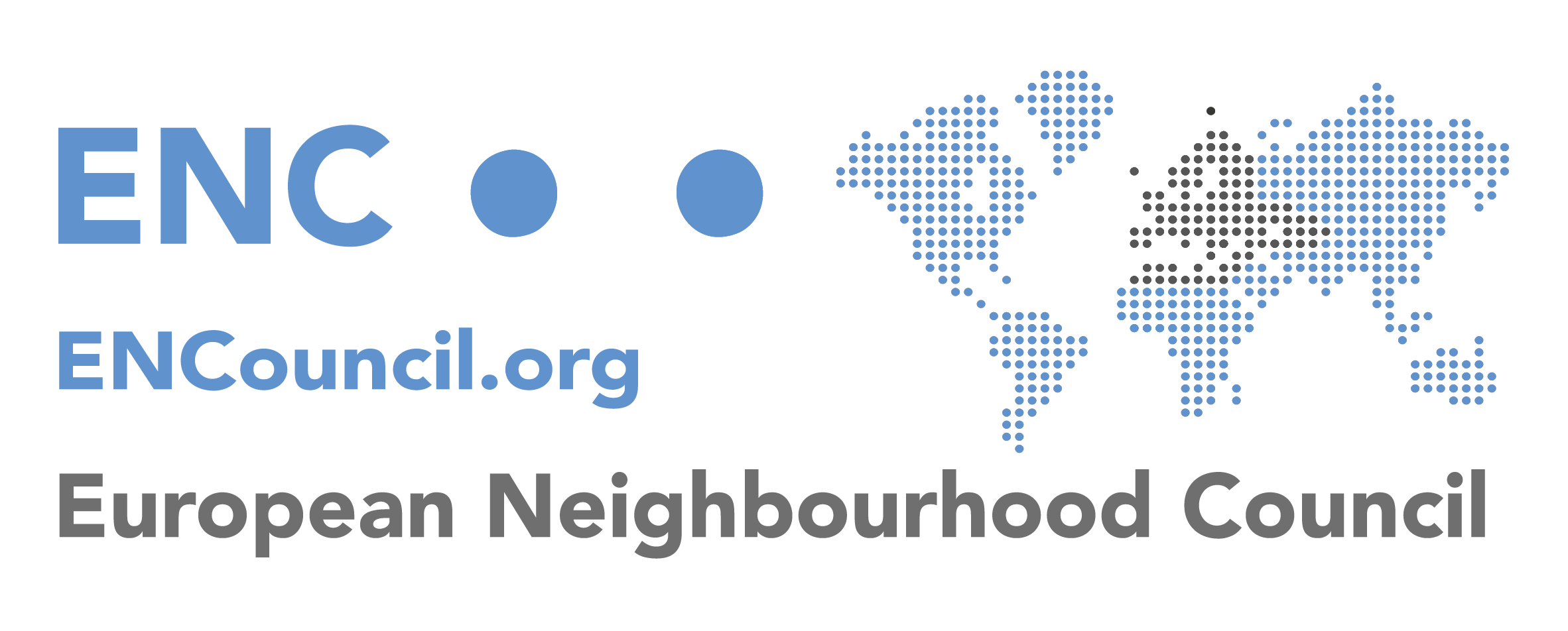Is Kazakhstan moving towards a more democratic political system? Interview with Andreas Marazis
Andreas Marazis, Head Researcher for Eastern Europe and Central Asia at ENC, speaks about the proposed constitutional reforms by the President of Kazakhstan Nursultan Nazarbayev to the International news agency “Kazinform†and to Kazakhstan’s National TV.
Interview
Kazinform: As you already yesterday (January, 25) President Nursultan Nazarbayev addressed with a message about redistribution of his authority among governmental bodies. The main essence of the offered reform is that the President gives a number of his authorities to the Parliament and Government. “The program of reforms is our answer to the question in what direction will Kazakhstan be heading. The answer is clear and consistent – in the direction of democratic development”, said Nazarbayev.
How do you access this development? Do you welcome Nazarbayev’s offer?
AM: “First of all let me mention that the Republic of Kazakhstan celebrated last year on December 16, 25 years of independence. It is a young state, a young republic that still has long way to go. But, “no nation is a born a democracy, it is a process that continues to evolve over a lifetime, to quote Kofi Annan’s words.
Let’s not forget that democracy in Europe took some time so as to mature. Each state has the right to choose its own path of governance according to its needs and that was the case of Kazakhstan in the early stages of transition, which explains partly the country’s strong presidential system till now.
However, changes are necessary and especially for a country like Kazakhstan that belongs to a number of international organisations such as the OSCE, sharing the same values and commitments regarding democracy and human rights with the rest of its members. Thus, the time has come for changes modernization and democratisation of the political system is of paramount importance.
Moving into the proposed reforms, President Nazarbayev highlighted last week plans to transfer significant part of his powers in regulation of social and economic processes to the government and parliament, which effectively means shifting responsibility to the government, parliament, ministries and regions.
He also referred to a rebalance of powers between government branches. He basically indicated that the winning party in the parliamentary elections will have decisive role on the formation of the government.
But the real question is this a real transfer of power or something completely different?
I would argue that is a “soft devolution†of powers; key powers are still in President’s hands, he will be the supreme arbiter, focusing on strategic functions, foreign policy and national security. But the main thorn in this democratisation process is the absence of political plurality. The political party Nur Otan, which is headed by President Nazarbayev since 2007, is dominating the Majilis (Lower House of Parliament) and the Senate. Characteristically, in Majilis, 84 out of 98 seats are currently occupied by Nur Otan, and 15 out 47 members of the Senate are appointed by the President. On top of that, the President will retain veto power over most government decisions.
Several experts support that this move aims to ease the path towards a more smooth transition to a post-Nazarbayev era in order to avoid internal conflict. One might also say that the President’s intention is to become a “behind the scenes†figure, not as a president but as the wise leader of the nation, a model very similar to the one in Singapore.
In any case, this is a move towards the right direction, but more needs to be done in order to consider this a successful first step towards a more democratic political systemâ€.
For a short excerpt of the interview please visit the follow link:
http://kaznews.kaztrk.kz/policy/12904-andreas-marazis-konstituciyalyk-reforma-sayasi-zhuyeni-demokratiyalandyruga-bagyttalgan-nakty-kadam.html (in Kazakh)
For the article written based on the interview please visit the follow links:
http://www.inform.kz/en/kazakhstan-chose-right-time-for-democratization-expert_a2995112 (in English)
http://www.inform.kz/ru/kazahstan-vybral-podhodyaschee-vremya-dlya-demokratizacii-ekspert_a2995061 (in Russian)
